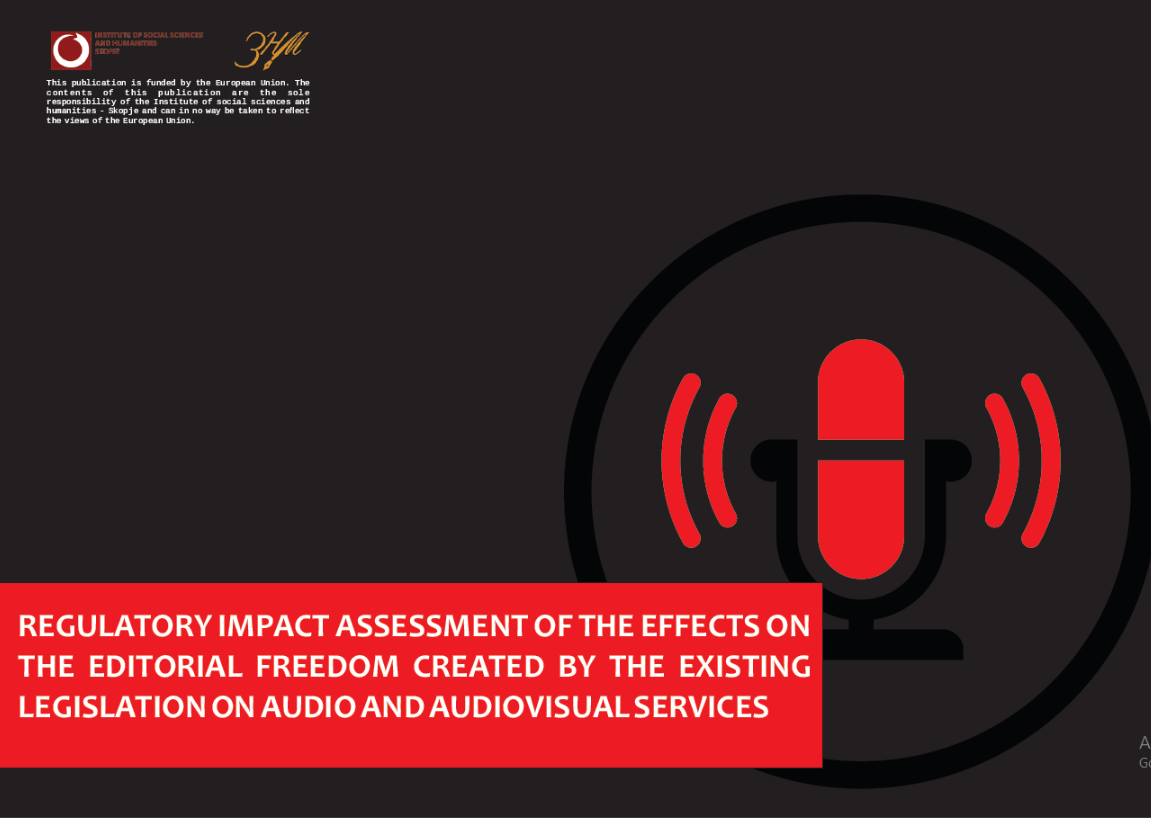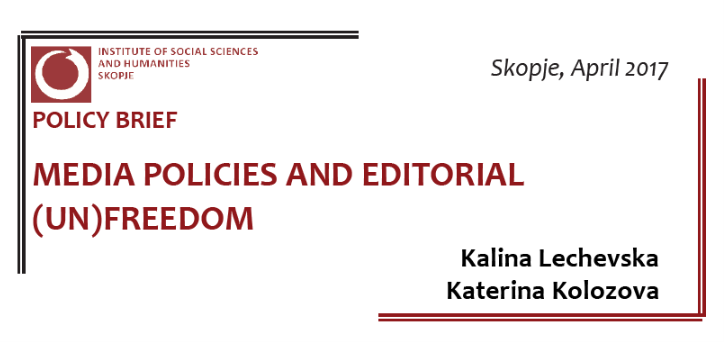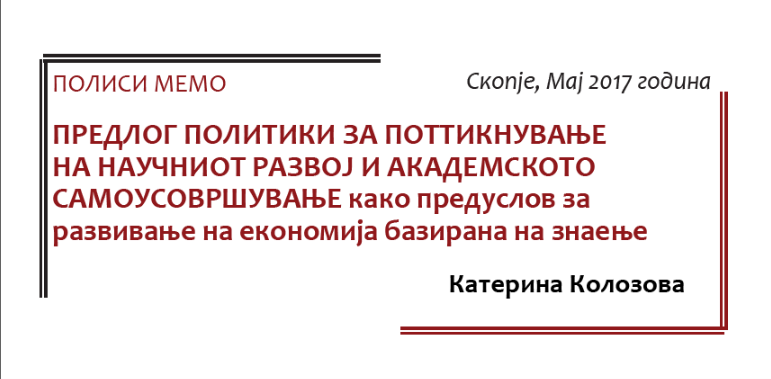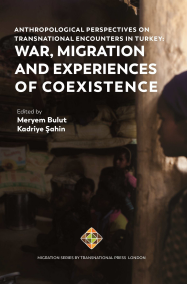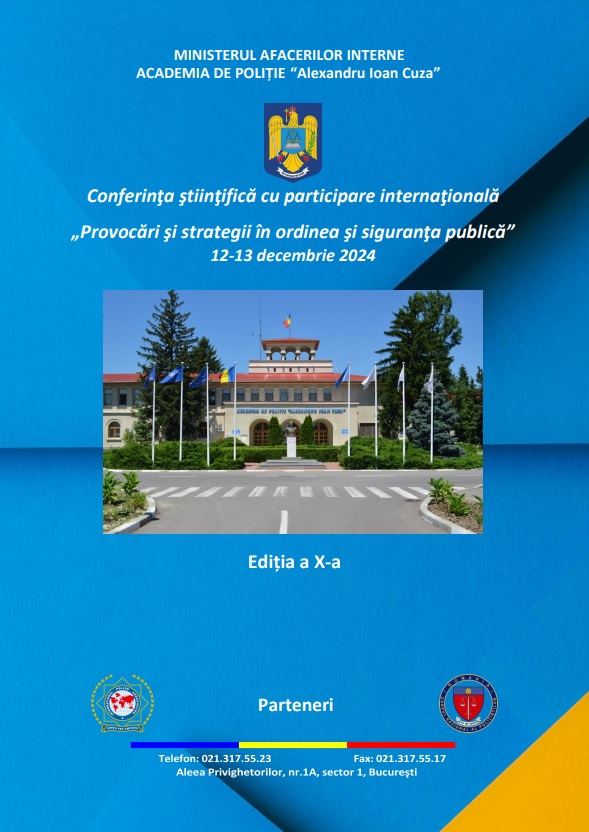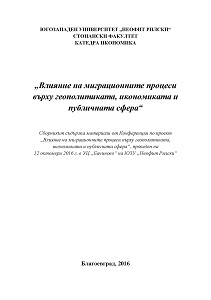
ОБЩЕСТВЕНИ НАГЛАСИ В БЪЛГАРИЯ ОТНОСНО СЪВРЕМЕННАТА МИГРАЦИЯ
The article deals with issues, associated with the increased migration flux from Third World poor and/or warring nations into Europe and more particularly the richest member states of the European Union. A distinction is made in the composition of these fluxes, with the stipulation that the proportion of genuine migrants-victims of dictatorships and/or warfare and those seeking a higher quality of life and social integration in the industrial world, is more or less one in three. The genesis of the increased migration trends in individual countries in Asia and Africa lately as a result of the "democratization models" introduced by the West under the auspices of the so called "Arab spring" are dealt in brief. The data from a inquiry into the Bulgarian attitudes towards the refugee and migration issues, conducted by the Institute of Economics and international relations, financed by the Friedrich Ebert Foundation, are analyzed. The prevailing negative attitudes in the country are discussed and the reasons for non-acceptance of refugees and migrants based on two underlying factors - the uncertainty of the Bulgarian people as to the capacity of the economy and society to finance the integration of the emigrants in the economy and society of the country, and the lack of willingness on the part of other ethnic groups and more particularly the Islamic tradition to adopt the life-style and values of the host country - Bulgaria. The article concludes with the author's reflections on the subject.
More...

